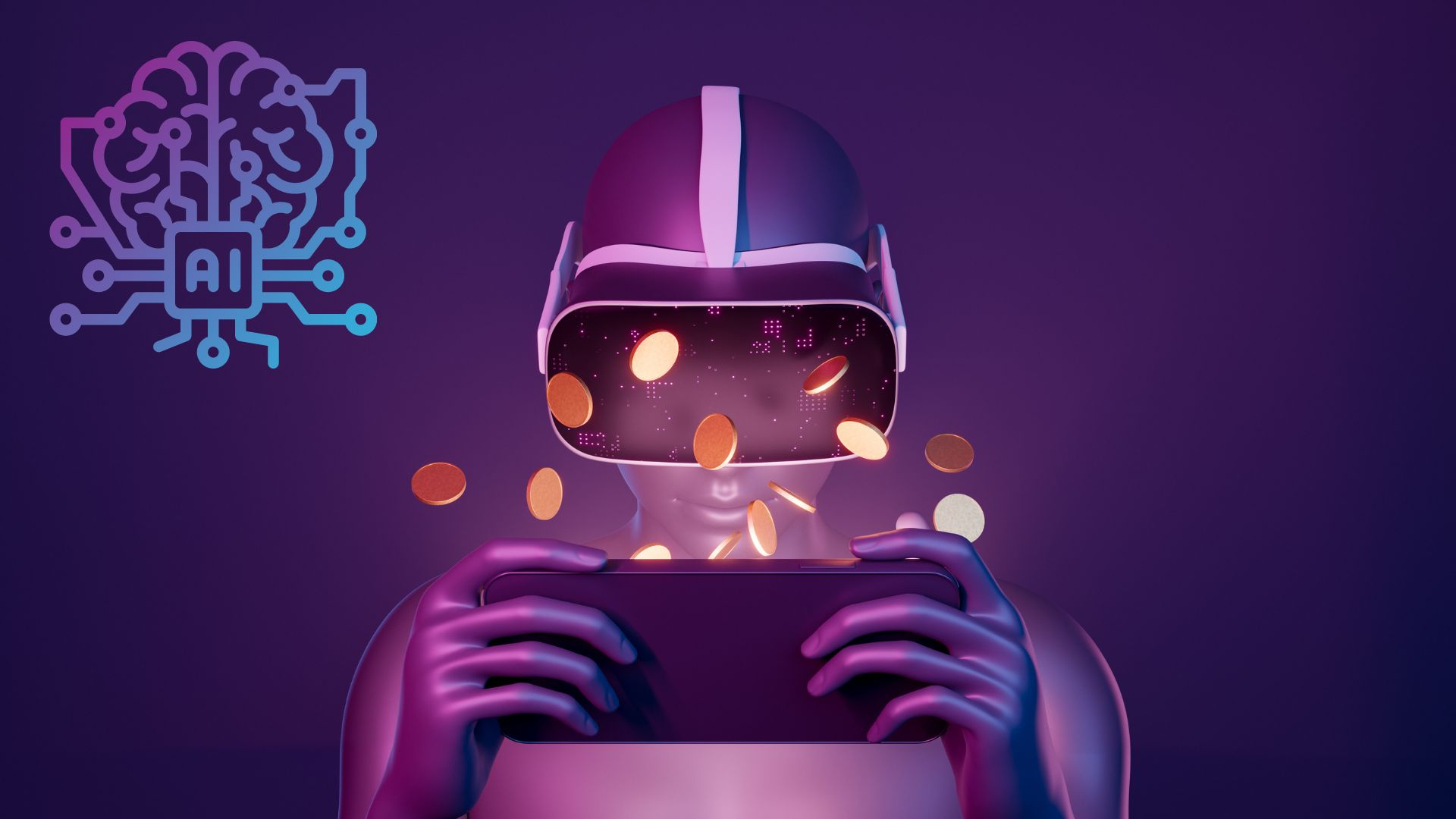Artificial Intelligence (AI) has emerged as a groundbreaking technology, revolutionizing various industries across the globe. With its ability to analyze massive amounts of data, learn from patterns, and make intelligent decisions, AI is transforming the way businesses operate and unlocking new possibilities. In this article, we will explore how AI is unleashing its potential and driving innovation in different sectors.
Table of Contents
1. Introduction: The Power of AI
Artificial Intelligence encompasses a range of technologies that simulate human intelligence to perform tasks that typically require human intelligence. It involves machine learning, natural language processing, computer vision, and robotics, among other disciplines. AI systems can analyze vast volumes of data, identify patterns, and make predictions or decisions with a high degree of accuracy. This remarkable capability is transforming industries across the board.

2. AI in Healthcare
AI is revolutionizing the healthcare industry by enhancing diagnostics, improving patient care, and streamlining administrative processes. Machine learning algorithms can analyze medical images to detect diseases like cancer at an early stage, enabling prompt treatment interventions. AI-powered chatbots and virtual assistants can provide personalized patient support and answer common medical queries, reducing the burden on healthcare professionals.

3. AI in Manufacturing
In the manufacturing sector, AI is optimizing production processes, increasing efficiency, and reducing costs. Intelligent robots and automation systems equipped with AI algorithms can perform complex tasks with precision and speed. AI-powered predictive maintenance can anticipate machinery failures, minimizing downtime and ensuring uninterrupted production. Furthermore, AI analytics enable manufacturers to make data-driven decisions, optimize supply chain management, and enhance product quality.

4. AI in Finance
AI has transformed the financial industry by automating routine tasks, improving fraud detection, and enabling personalized financial services. Chatbots and virtual assistants powered by AI can provide real-time customer support, offer personalized investment recommendations, and help with financial planning. AI algorithms analyze vast amounts of financial data to detect patterns of fraudulent activities and enhance cybersecurity measures.

5. AI in Retail
The retail industry has witnessed significant advancements through the integration of AI technologies. AI-powered recommendation systems can analyze customer behavior and preferences, offering personalized product recommendations that enhance the shopping experience. Intelligent inventory management systems powered by AI optimize stock levels, reducing costs associated with overstocking or understocking. Additionally, AI-driven chatbots provide instant customer support and address inquiries, boosting customer satisfaction.

6. AI in Transportation
AI is revolutionizing the transportation industry by enabling autonomous vehicles, optimizing logistics, and improving traffic management. Self-driving cars and trucks powered by AI algorithms are set to transform mobility, reducing accidents and enhancing fuel efficiency. AI analytics and predictive modeling enhance route planning and fleet management, reducing transportation costs. Moreover, AI-powered traffic management systems can monitor and regulate traffic flow, reducing congestion in urban areas.

7. AI in Education
AI is reshaping the education sector by personalizing learning experiences, automating administrative tasks, and facilitating adaptive learning. Intelligent tutoring systems powered by AI can provide individualized instruction based on a student’s learning style and progress. AI algorithms can automate grading and assessment processes, saving time for educators. Virtual reality and augmented reality applications powered by AI can create immersive learning environments, making education engaging and interactive.

8. AI in Entertainment
AI is revolutionizing the entertainment industry by enabling personalized content recommendations, creating realistic animations, and enhancing gaming experiences. Streaming platforms utilize AI algorithms to analyze user preferences and viewing habits, offering personalized content suggestions. AI-powered visual effects and animation tools automate the process of creating lifelike characters and immersive virtual worlds. Furthermore, AI-driven game engines enhance the realism, complexity, and interactivity of video games.

9. AI in Agriculture
AI is transforming the agriculture industry by improving crop yield, optimizing resource utilization, and enabling precision farming. AI-powered systems can analyze environmental data, crop conditions, and historical patterns to provide accurate recommendations for irrigation, fertilization, and pest control. Drones equipped with AI algorithms can monitor crop health, identify problem areas, and enable targeted interventions. AI-driven robots automate labor-intensive tasks like harvesting and sorting, reducing costs and improving efficiency.

10. AI in Human Resources
AI is streamlining human resources processes by automating recruitment, improving employee engagement, and enhancing talent management. AI algorithms can analyze job applications, screen candidates, and identify the best fit for a position. AI-powered chatbots can provide instant responses to employee inquiries and assist with HR-related tasks. Furthermore, AI analytics can identify patterns in employee data, helping organizations optimize workforce planning, training, and retention strategies.

11. AI in Research and Development
AI is revolutionizing the field of research and development by accelerating scientific discoveries and enabling innovation. AI algorithms can analyze vast amounts of research data, identify patterns, and make predictions, assisting researchers in their investigations. AI-powered simulation models can simulate complex phenomena, enabling scientists to test hypotheses and explore possibilities more efficiently. AI also plays a crucial role in drug discovery, optimizing molecule design and speeding up the development of new therapies.

Conclusion
Artificial Intelligence is reshaping industries and unlocking new possibilities across various sectors. From healthcare and manufacturing to finance and agriculture, AI is revolutionizing the way we work and live. As technology continues to advance, we can expect AI to play an even more significant role in driving innovation and transforming industries. Embracing AI’s potential will require businesses to adapt and harness its power to gain a competitive edge in the rapidly evolving landscape.
FAQs
- How is AI transforming healthcare?
AI enhances diagnostics, improves patient care, and streamlines administrative processes in healthcare. It enables early disease detection, personalized patient support, and data-driven decision-making. - What impact does AI have on manufacturing?
AI optimizes production processes, increases efficiency, and reduces costs in manufacturing. It enables intelligent automation, predictive maintenance, and data-driven decision-making for improved productivity. - How does AI benefit the retail industry?
AI enhances the retail industry through personalized product recommendations, optimized inventory management, and improved customer support. It provides a better shopping experience and helps retailers make data-driven decisions. - What role does AI play in transportation?
AI enables autonomous vehicles, optimizes logistics, and improves traffic management in transportation. It enhances mobility, reduces accidents, and optimizes route planning and fleet management.

